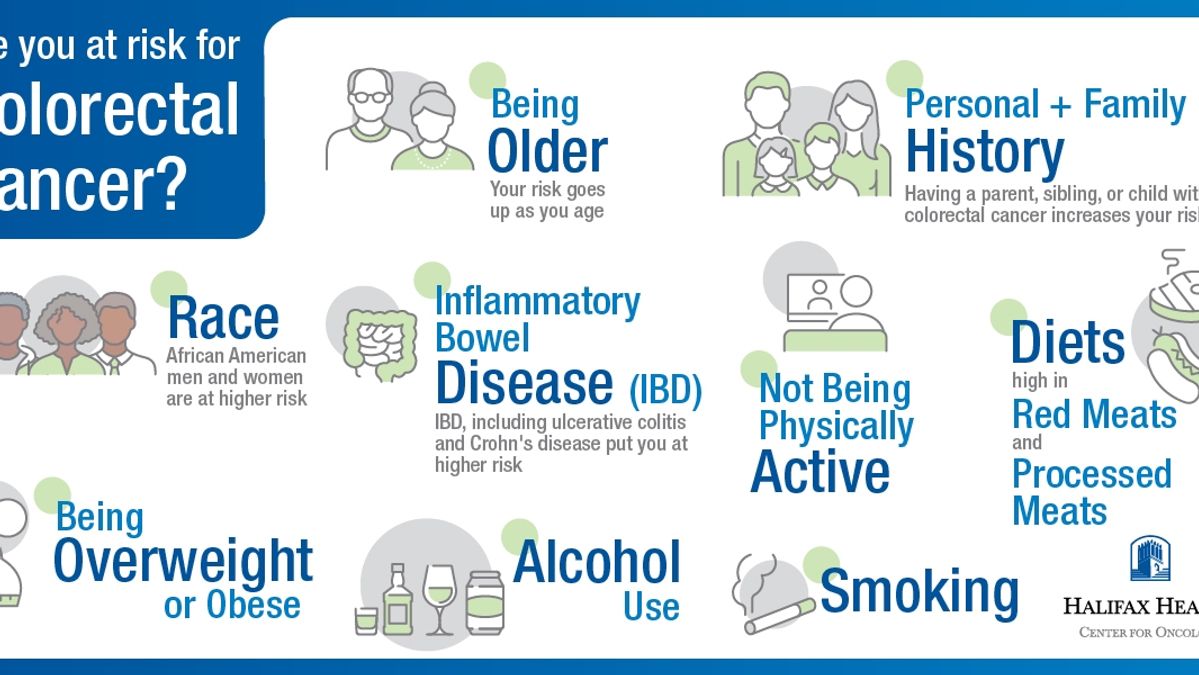
In the shadow of America’s bustling life, a quiet but alarming rise in colorectal cancer among individuals under 50 years old forces us to confront our lifestyle choices and the importance of early screening. The Ohio State University Comprehensive Cancer Center (OSUCCC) has brought to light the critical interplay of obesity rates, sedentary lifestyles, and this increasing cancer threat. Matthew Kalady, MD, underscores the paradox of rising cases in younger populations against the backdrop of declining rates in older age groups, thanks to regular screenings like colonoscopies.
Understanding the Risks
The conversation around colorectal cancer has long been shrouded in the mystery of genetics, but a recent survey by OSUCCC reveals a startling lack of awareness about the significant role of non-genetic factors. Alcohol consumption, inadequate physical activity, and diets high in fat and processed foods stand out as key contributors. This gap in knowledge is particularly acute among Black and Hispanic communities, who not only face a higher risk of developing the disease but also of dying from it. In light of these findings, the call for increased public awareness and lifestyle modifications becomes not just a recommendation, but a necessity.
Screening Saves Lives
With the American Cancer Society’s 2024 Report highlighting colorectal cancer as a leading cause of cancer death among men under 50 and the second most deadly for women in the same age group, the urgency for early screening is palpable. The lowering of the recommended age for first screening from 50 to 45 by the U.S. Preventive Services Task Force is a step in the right direction. Kalady’s advice is clear: adopt a healthy lifestyle, including a diet rich in fiber and low in fat, coupled with regular exercise to significantly reduce the risk of colorectal cancer. He also emphasizes the importance of genetic counseling for those with inherited risk factors, while reminding us that, despite our best efforts, cancer can still occur. This makes seeking medical advice for any symptoms, such as rectal bleeding or unexplained weight loss, crucial for early detection and treatment.
The Fight Against Disparities
The battle against colorectal cancer is not just a medical one; it’s also a fight against disparities. The Centers for Disease Control and Prevention (CDC) highlights the lower screening rates among Hispanic adults with limited English proficiency, pointing to the need for tailored interventions that address healthcare access, language barriers, and cultural sensitivity. With one in three adults not adhering to recommended screening guidelines, and a significant disparity in screening rates among Hispanic adults, the path forward requires a concerted effort to increase awareness and access to screenings, especially among minority groups. This approach is not just about preventing deaths; it’s about ensuring equity in healthcare and giving every individual the chance to lead a healthy life.
As we navigate the complexities of colorectal cancer, the message from experts is loud and clear: awareness, lifestyle changes, and early screening are our best weapons in this fight. By embracing these strategies, we can turn the tide against this rising threat and move towards a healthier future for all.
